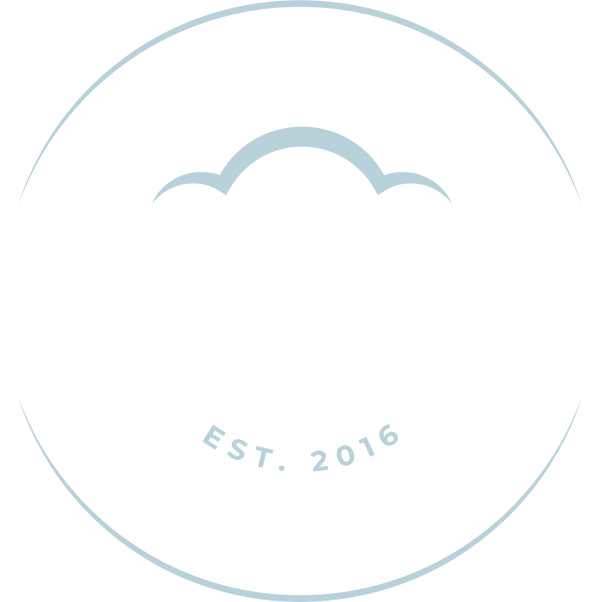
Whey Protein vs Natural Protein
Share
Whey Protein vs. Natural Protein: Do We Really Know What We’ve Been Taking All This Time?
For years, whey protein has been a staple in many of our lives. It’s the go-to solution for anyone looking to boost their protein intake quickly. But after decades of reliance, the question we should be asking ourselves is: do we really know what we’ve been putting into our bodies all this time?
While whey protein offers convenience and speed, is it truly as pure as we think? Natural protein sources—foods like eggs, chicken, fish, beans—don't come with flashy packaging or promises of rapid muscle gains. What they do offer, however, is certainty. There’s no second-guessing with natural protein—what you see is what you get. No hidden fillers, no preservatives, just pure, unadulterated nutrition with every bite.
The Hidden Reality of Whey Protein
Whey protein is often marketed as the cleanest, fastest route to muscle growth and recovery. But beneath the surface, it’s important to recognise that most commercial whey protein products are far from simple. Many are loaded with fillers, artificial sweeteners, preservatives, and additives to enhance flavour, texture, and shelf life.
A 2019 report from the Clean Label Project tested over 130 protein powders and found that 74% of them contained measurable levels of heavy metals like lead, cadmium, and arsenic. On top of that, many products contained additives like acesulfame potassium and sucralose—artificial sweeteners linked to digestive issues and potential long-term health risks.
Sure, whey protein might help you reach your daily protein goal, but at what cost? When you're relying on a product that’s been through intense processing, you can’t always be sure what’s lurking in that scoop.
The Purity of Natural Protein: No Surprises, No Shortcuts
With natural protein sources, there's no mystery. When you eat a grilled chicken breast, you know exactly what you're putting into your body: around 25 grams of high-quality protein, along with essential vitamins and minerals. There are no fillers or preservatives. There’s no need to decode a long list of ingredients with names you can barely pronounce.
The Statistics Speak
Let’s compare the two side by side. When you consume natural protein sources like lean meats, eggs, or plant-based proteins, you're avoiding the health risks tied to ultra-processed foods. In fact, a study published in the British Medical Journal found that diets high in processed foods, including protein supplements, were linked to a 62% increased risk of all-cause mortality compared to those with diets rich in whole, natural foods.
On the flip side, people who focus on natural protein sources typically experience better long-term health outcomes. Another study, conducted by the American Heart Association, found that individuals who consumed their protein primarily from natural sources—fish, lean meats, and plant-based options—had a 25% lower risk of cardiovascular diseases compared to those who relied heavily on processed protein powders.
What to do now?
Rethinking your protein shake? Why not hit your protein goals by enjoying high-protein meals for breakfast, lunch, and dinner? Our meals are packed with protein and cater to everyone—whether you're looking for high-protein, low-calorie options or high-protein, high-calorie choices. Ready to give it a try? Explore our meals and customize your weekly menu today!
